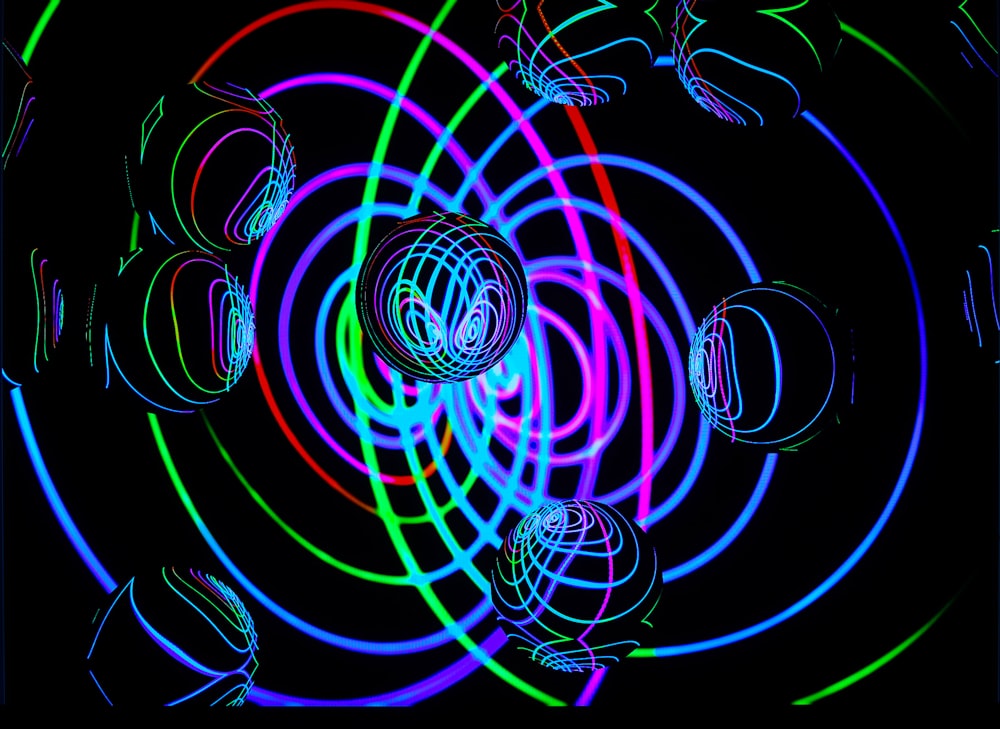
New Technology Reflecting the Power of Physics: Quantum Computers

Quantum computing is a relatively new technology based on quantum theory in physics. Quantum theory explains the behavior of particles at the subatomic level and states that these particles can exist in more than one place simultaneously until they are observed. In this respect, it seems that quantum computers will gain tremendous computational power by going beyond storing ones and zeros like today’s computers.
All computing systems rely on primary storage and data processing capability–current computers process single bits that store data in 0 and 1 binary states. Quantum computers, on the other hand, make use of quantum phenomena to process data. They do this with quantum bits and qubits.
So what is this qubit?
There are several different ways to create a qubit. One of the methods uses superconductivity to develop and maintain a quantum state. The system must be kept very cold to work with these superconducting qubits for a long time. A tiny bit of heat in the system may cause an error. That’s why quantum computers operate at temperatures cooler than space, close to absolute zero.
This is where quantum computers excel over classical ones. In situations where there are many possible combinations, quantum computers can evaluate them simultaneously. Examples include prime factors of a vast number or finding the best path between two places. However, there may be many cases where classical computers will still outperform quantum computers. So the future computers will be a combination of these two types. But for now, quantum computers are pretty sensitive: heat, electromagnetic fields, and collisions with air molecules can cause a qubit to lose its quantum properties. This process, known as quantum decoherence, causes the system to crash, and the more particles there are, the faster it happens.

What is Quantum Decoherence
Quantum decoherence is one of the things that makes quantum computation and data storage the most difficult. In this respect, in standard computers, the load in the transistors that make up the processor can stay at 0 or 1 during the calculation time. We can even store this date indelibly in the permanent memory structures we have developed. However, there is a negative situation in a quantum-based design, such as the fragmentation and differentiation of qubits over time. This also makes it difficult to perform routine calculations, let alone control multiple qubits entangled with each other simultaneously.
Therefore, although there are already quantum computer studies in which tens of qubits work and some reactions, only a few of these qubits can be used for computational purposes. The remaining qubits are used to correct mistakes made by a few other qubits. Much of the current research is already being done to find new things that can be used to adequately control quantum states despite the factors that cause particles to decompose.
Advantages of Quantum Computers

The only purpose of quantum computers is not to corrupt cryptographic structures or crack passwords. With the help of quantum computers, we can also create much stronger encryption infrastructures than today. In addition, we can use the entanglement property to determine if others in a quantum system are watching us. Since entangled quantum particles are structures that should logically exhibit the same behavior, capturing the data by others causes the properties of the particles to be transferred to change. Although such technologies are applied in different ways today to improve infrastructure security, they are not quantum-like.
Therefore, scientists and physicists are more interested in non–long–term NISQ structures that could demonstrate quantum supremacy in this complex system. Facilities such as VQE (Variational Quantum Eigensolvers) and QAOA (Quantum Approximate Optimization Algorithm) are being developed to exploit the potential of quantum computing shortly.




